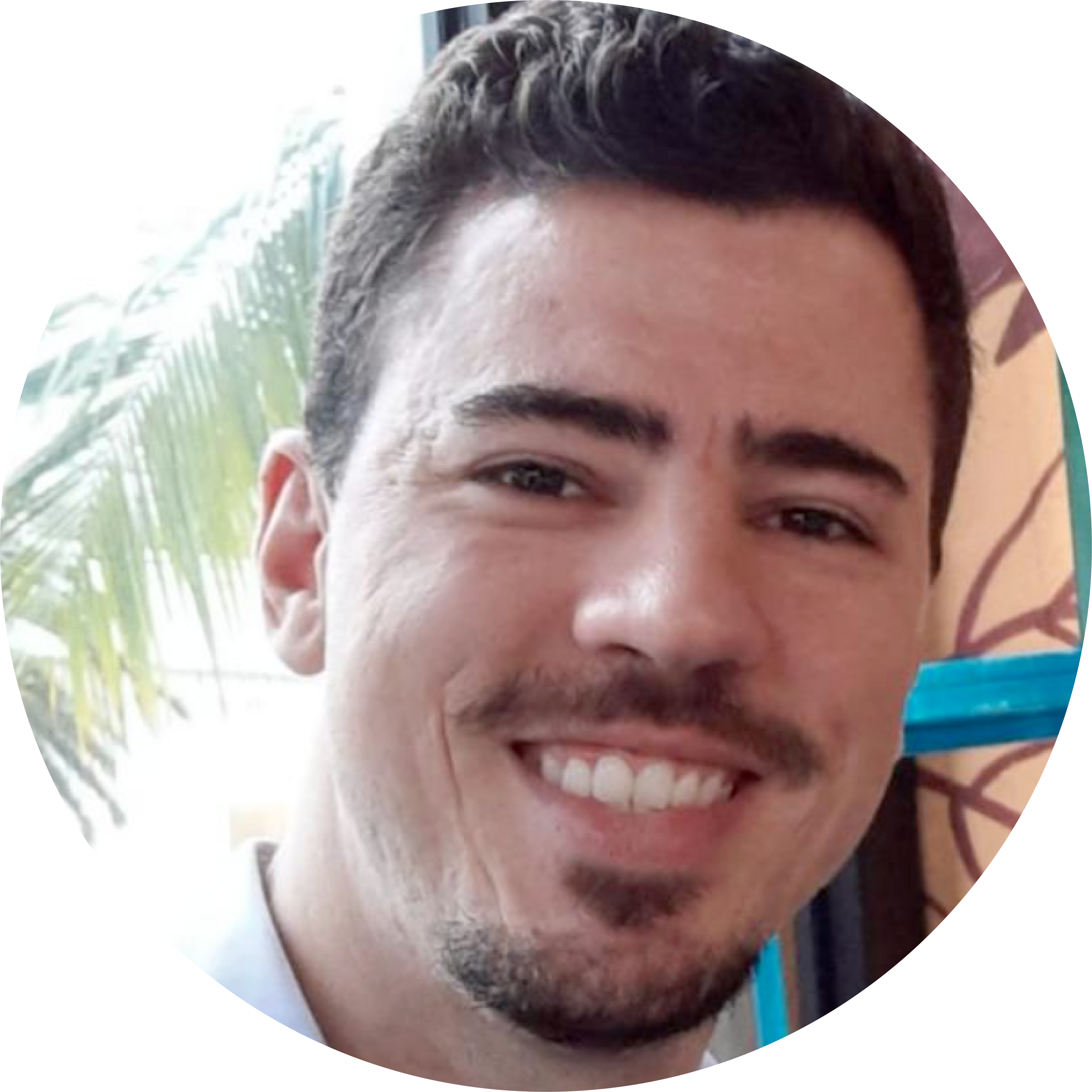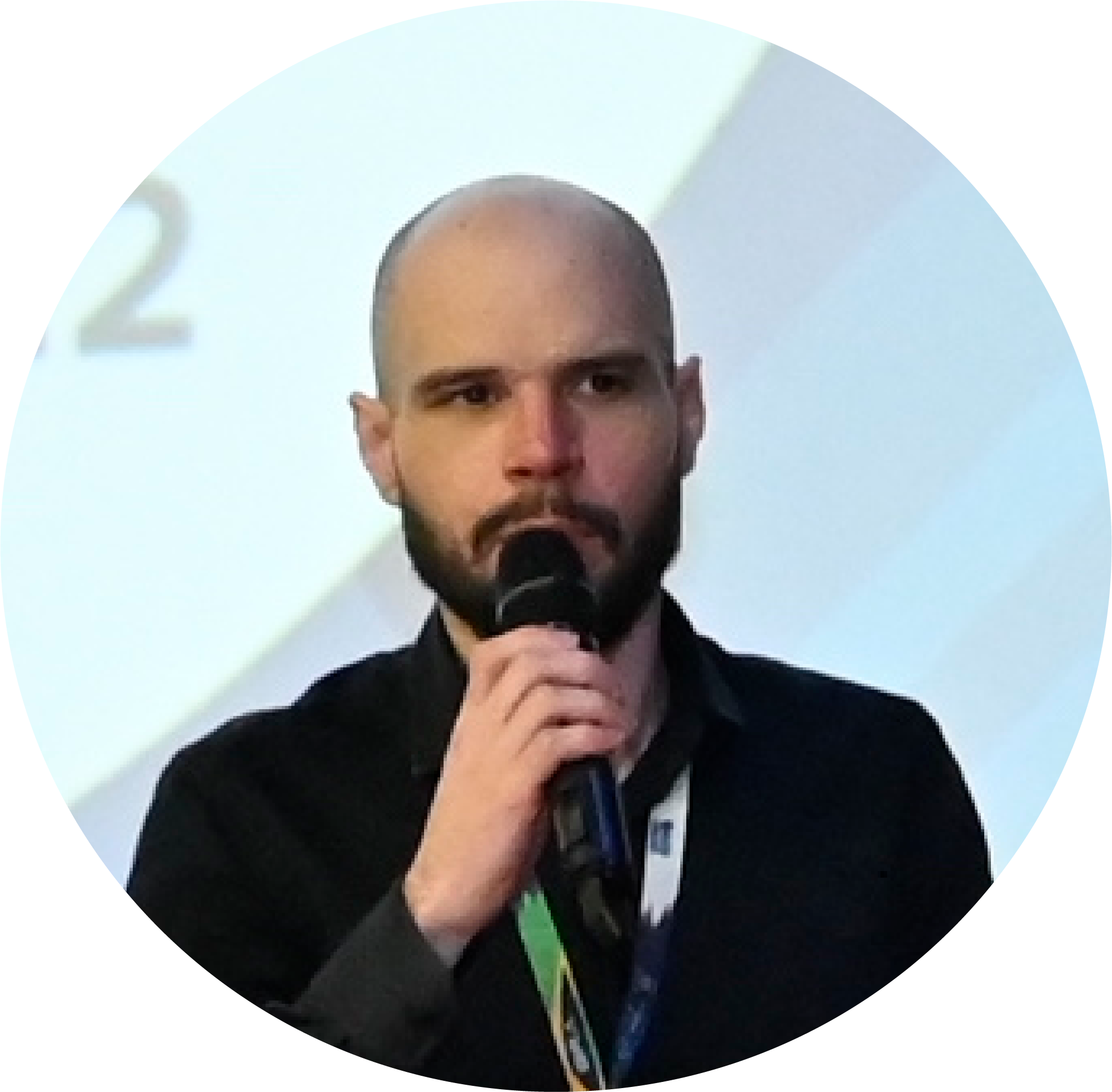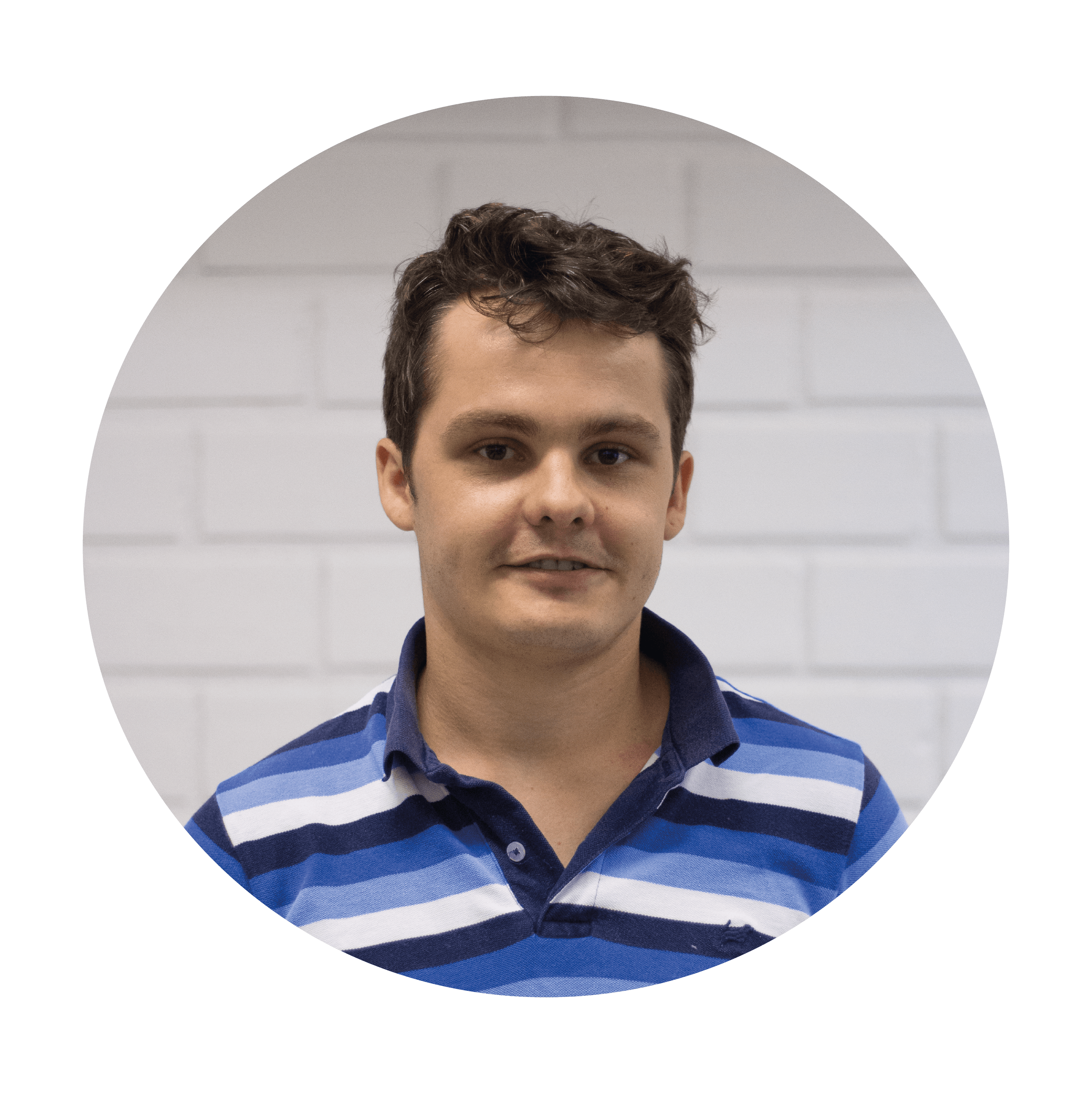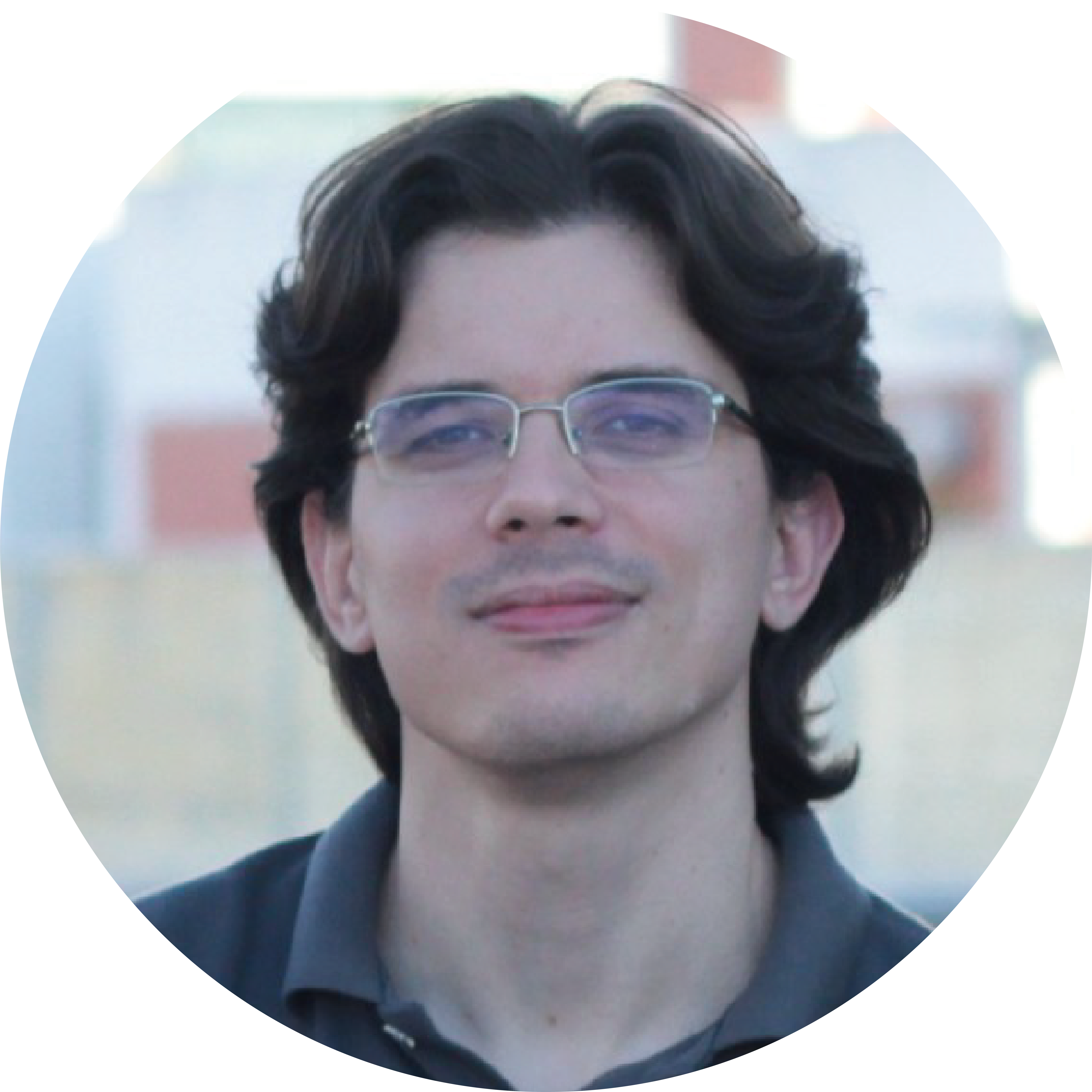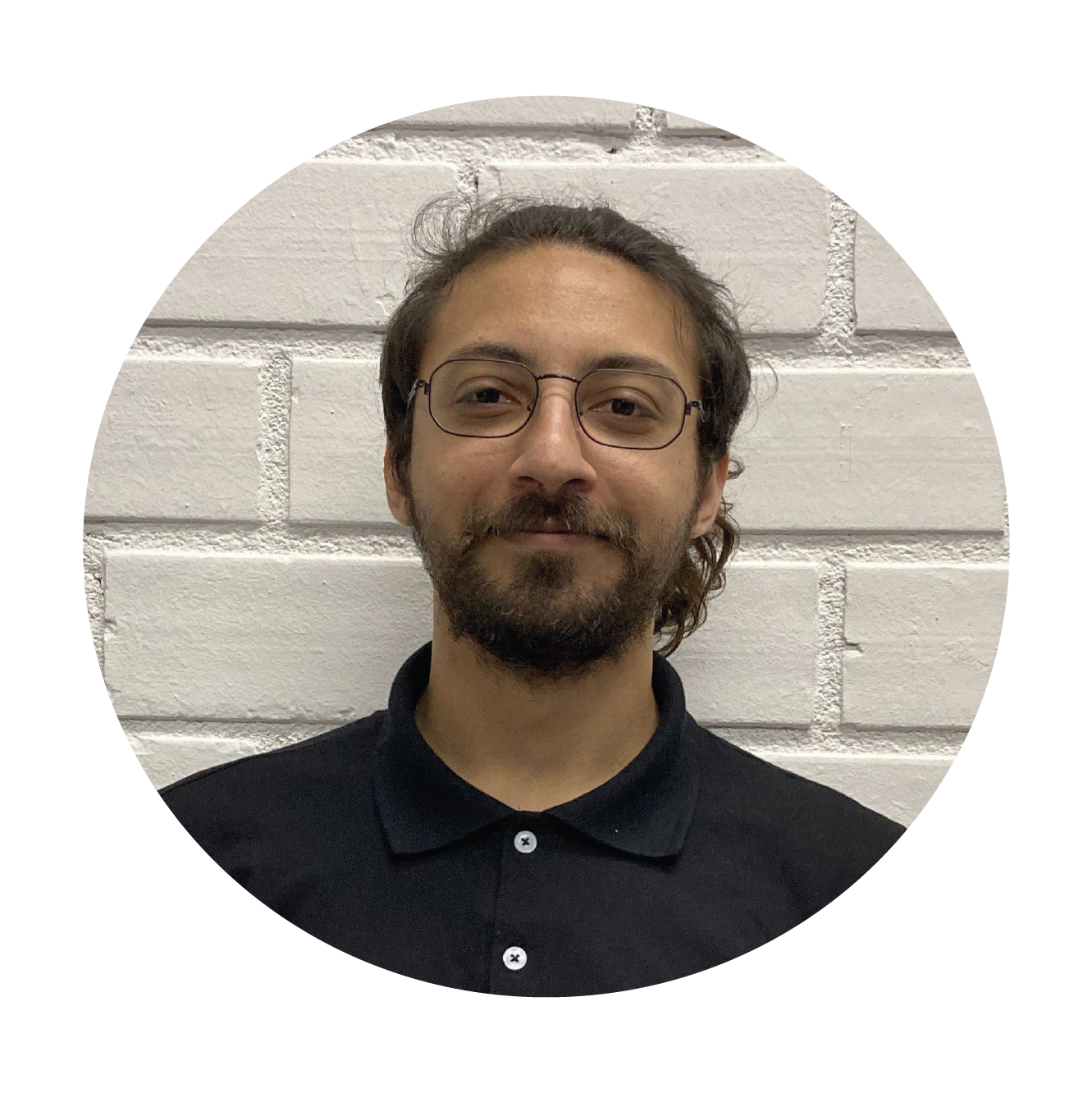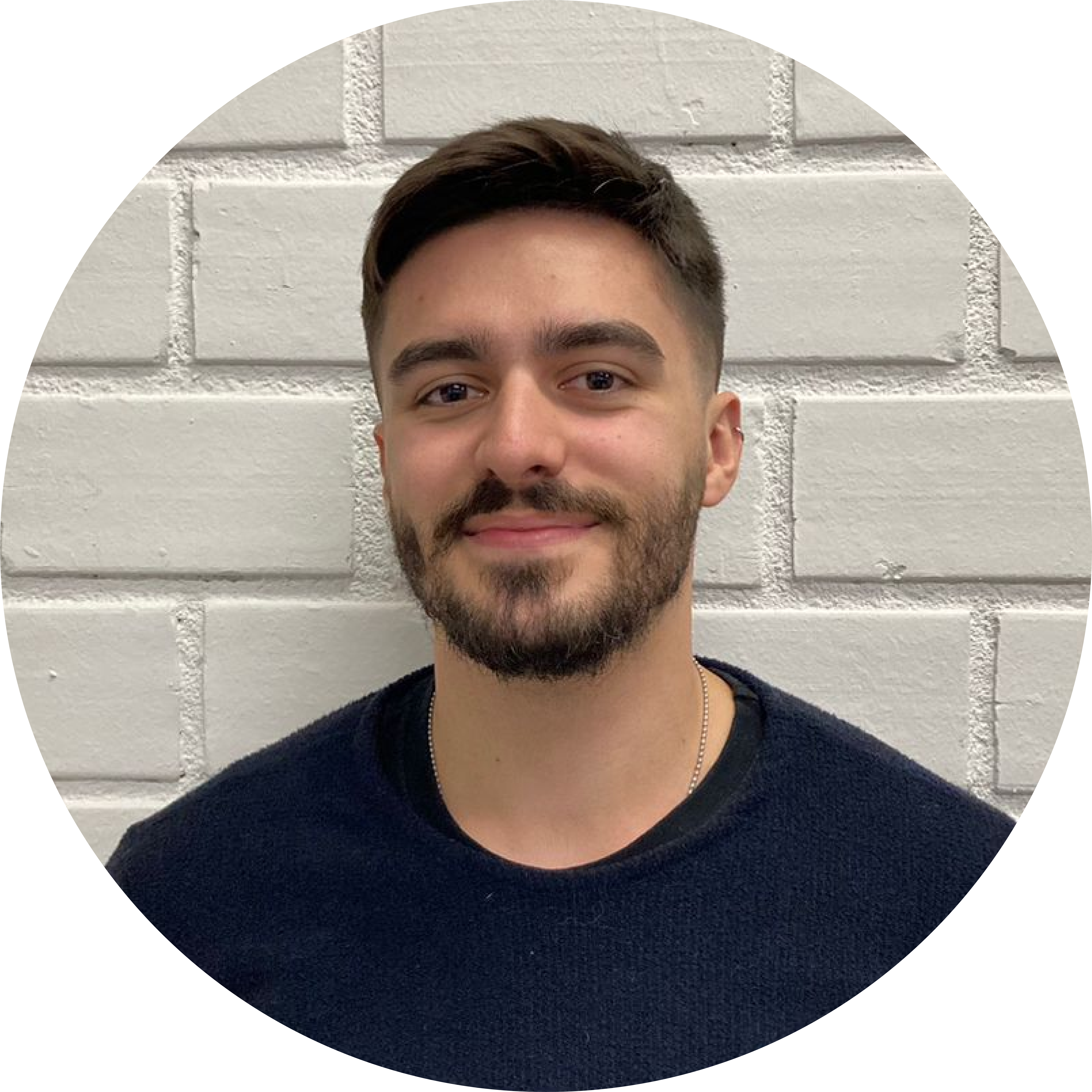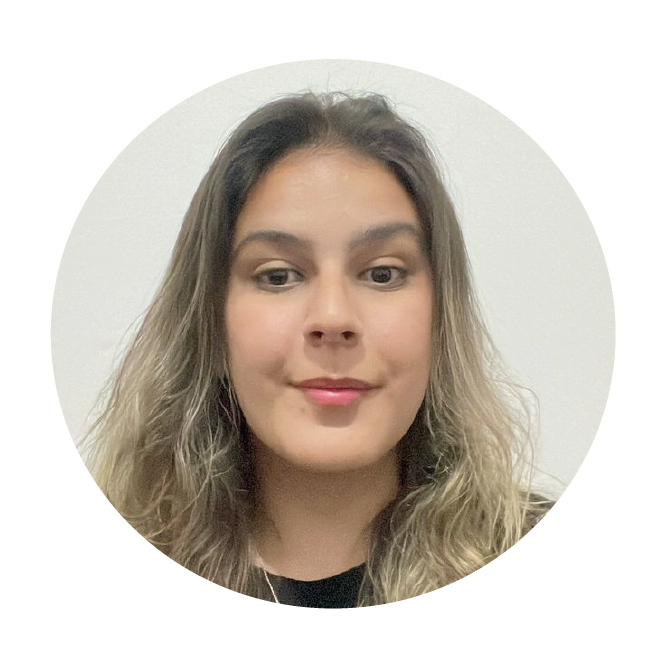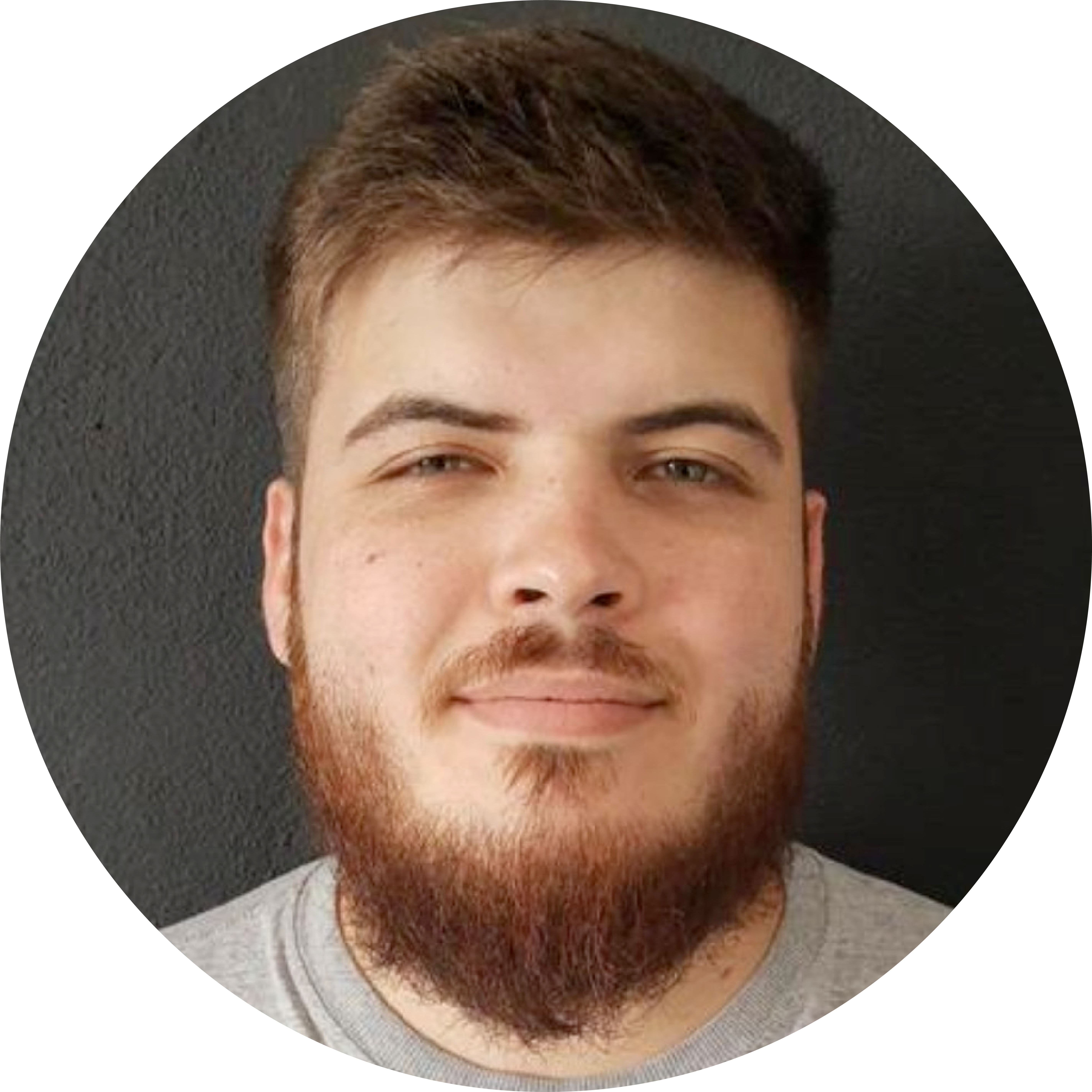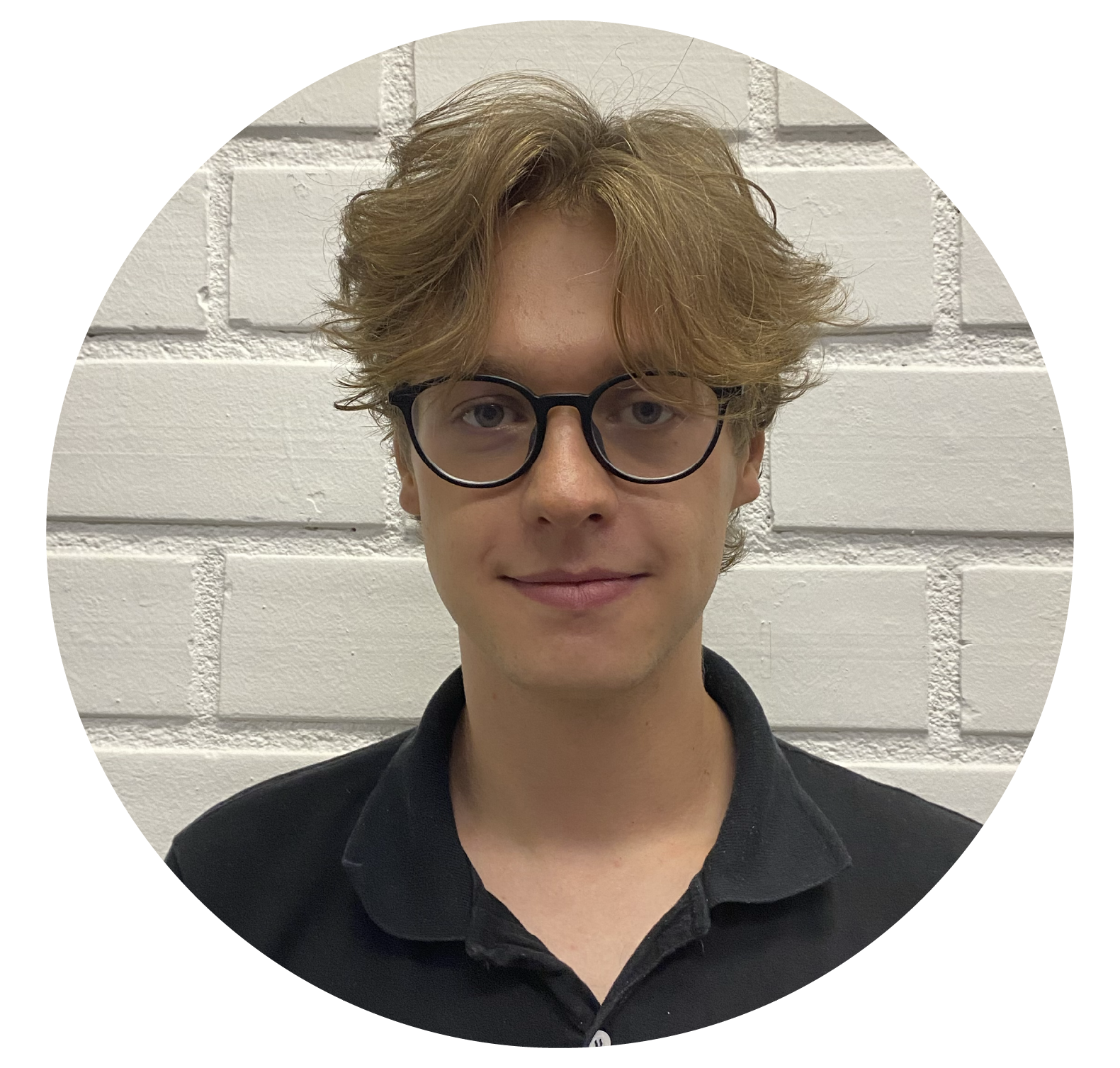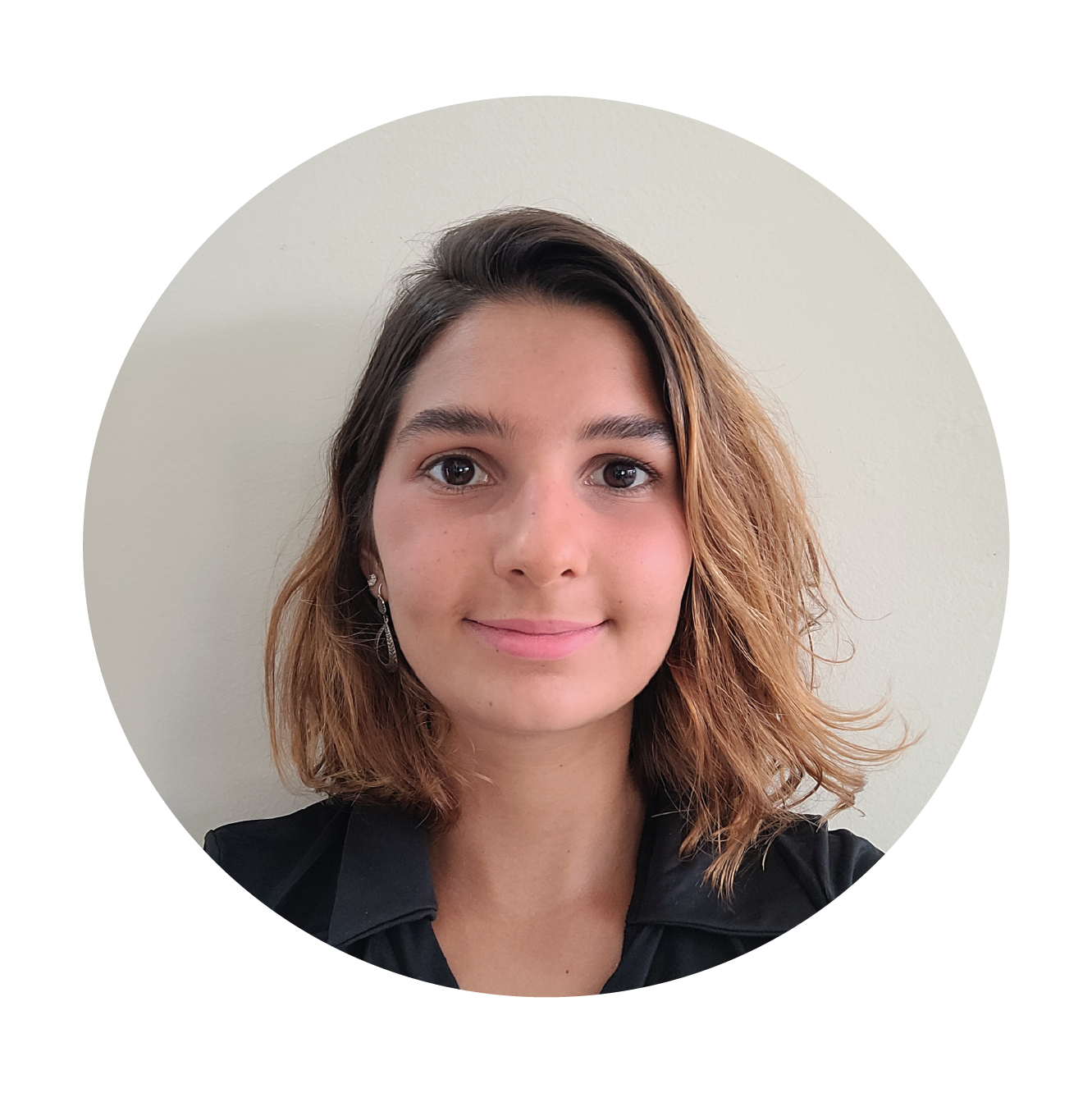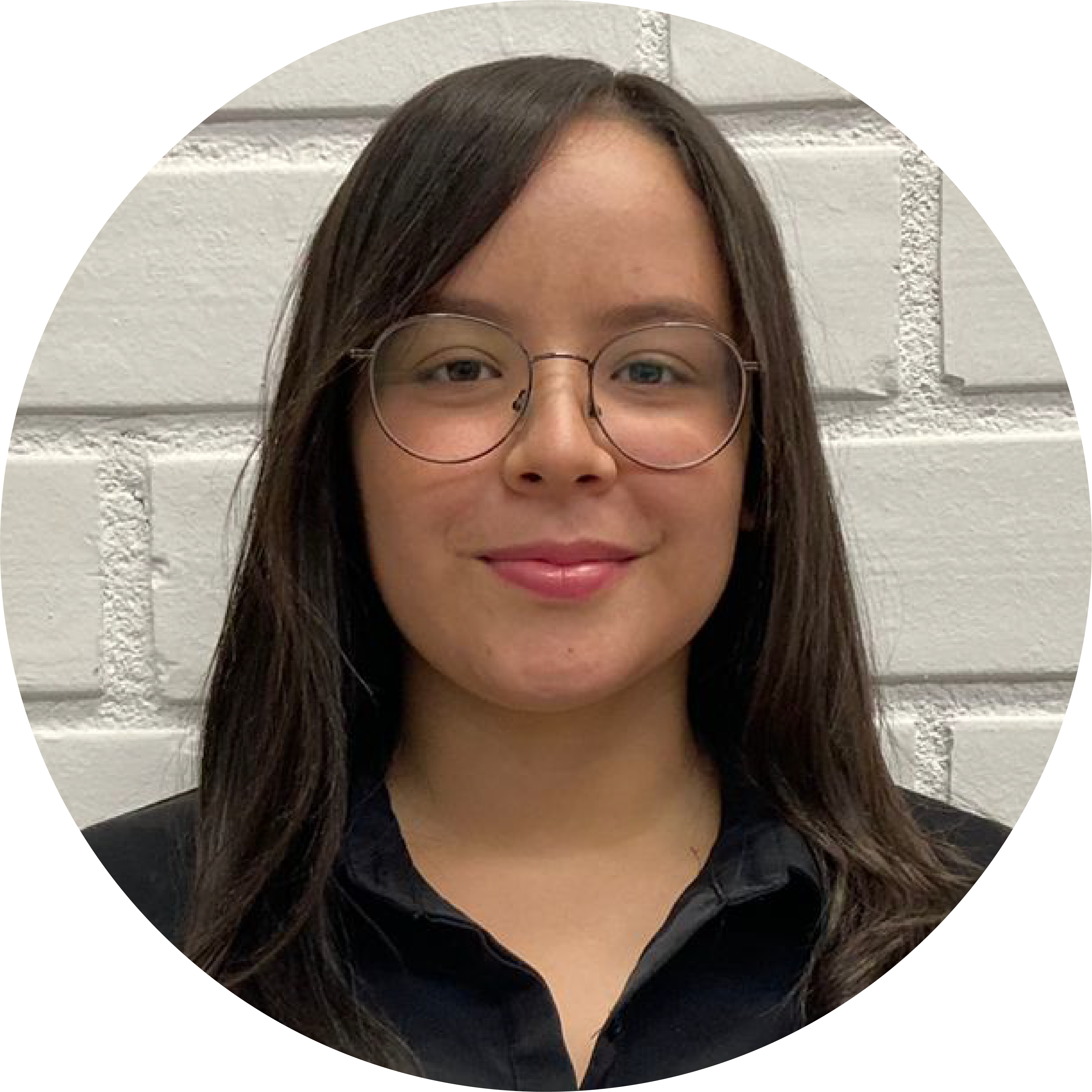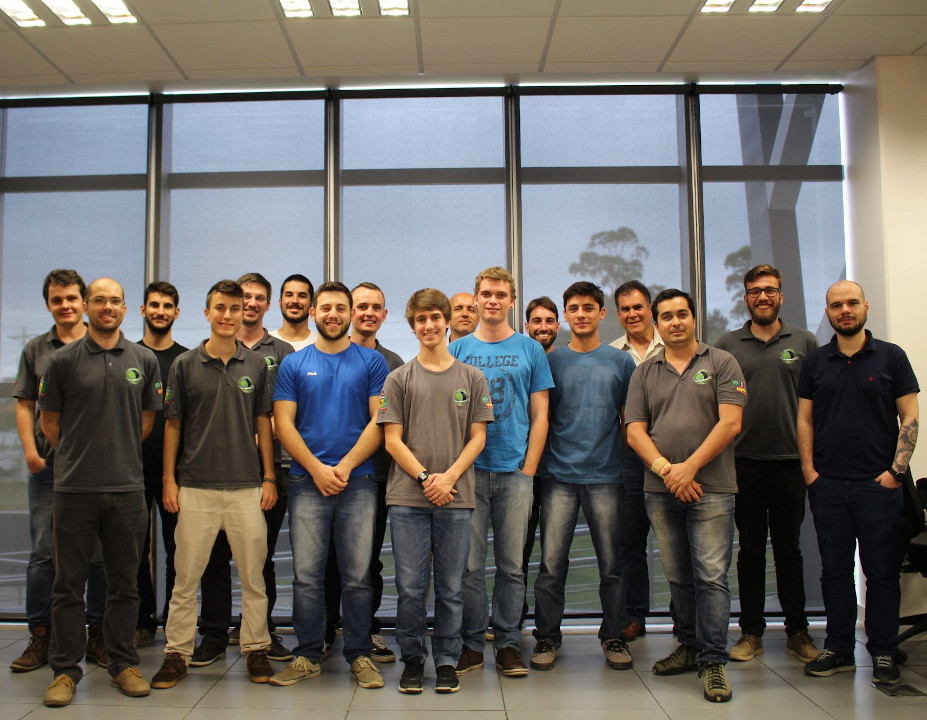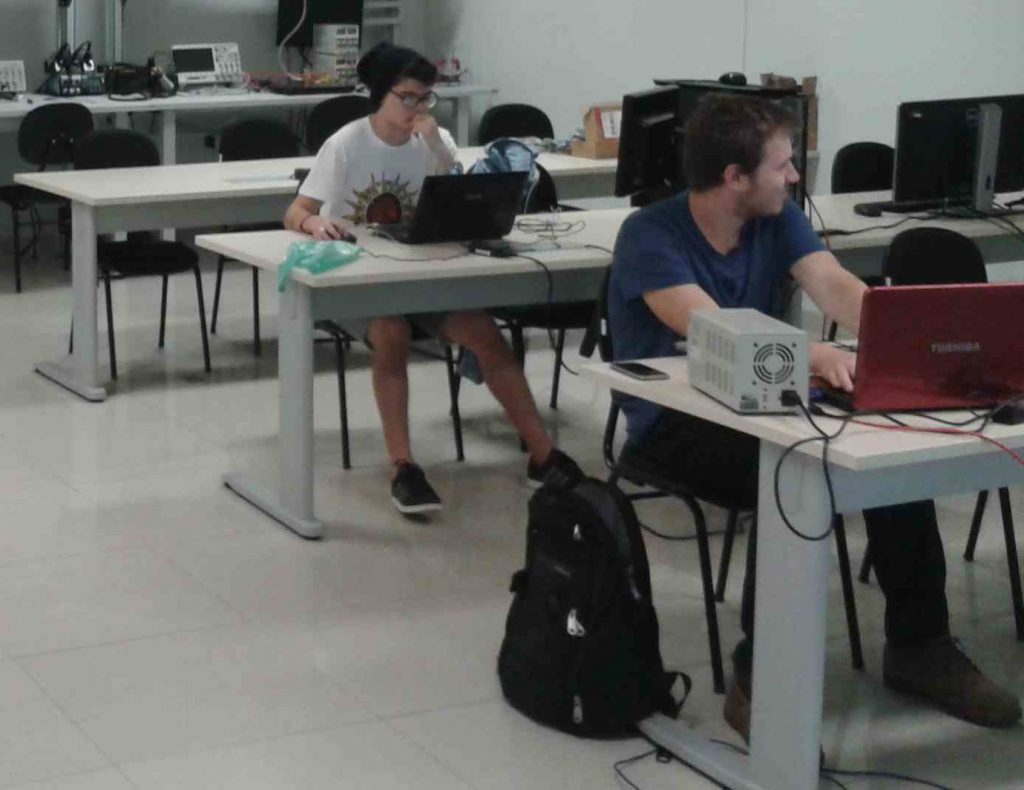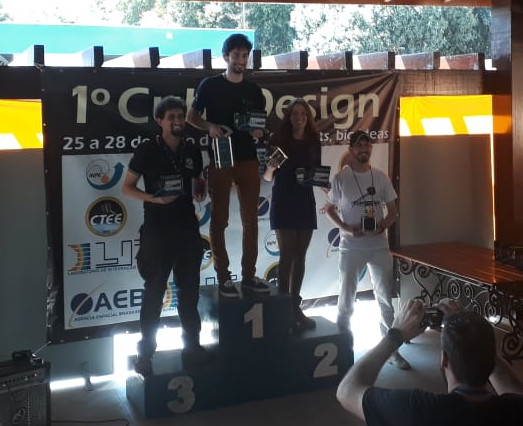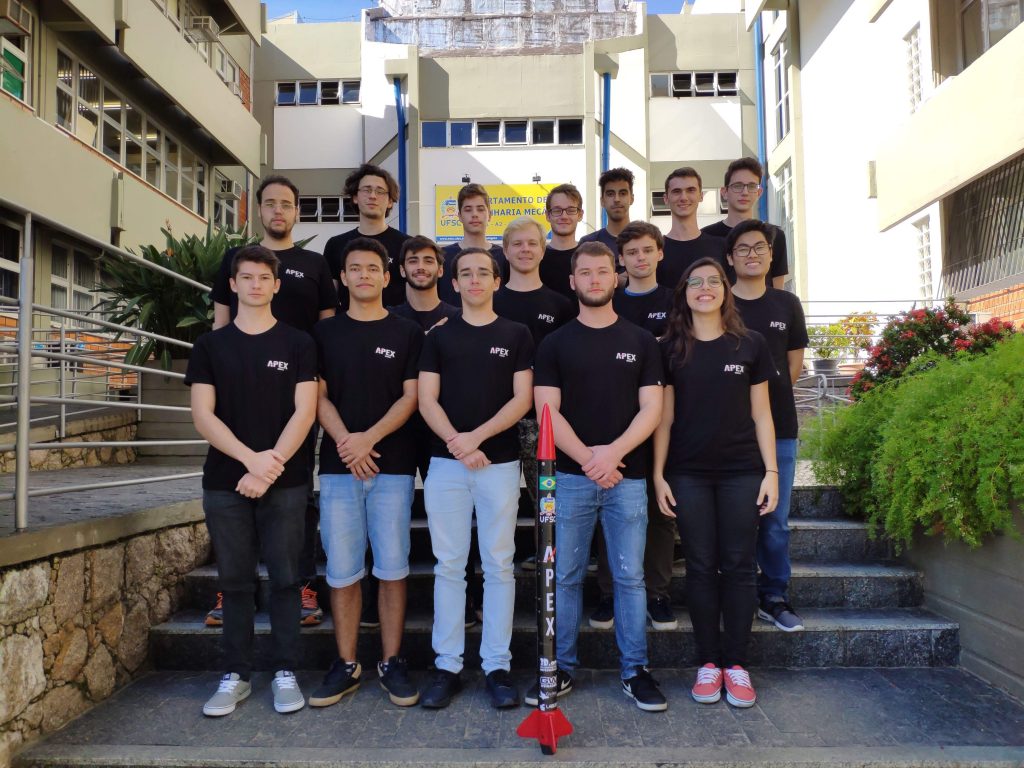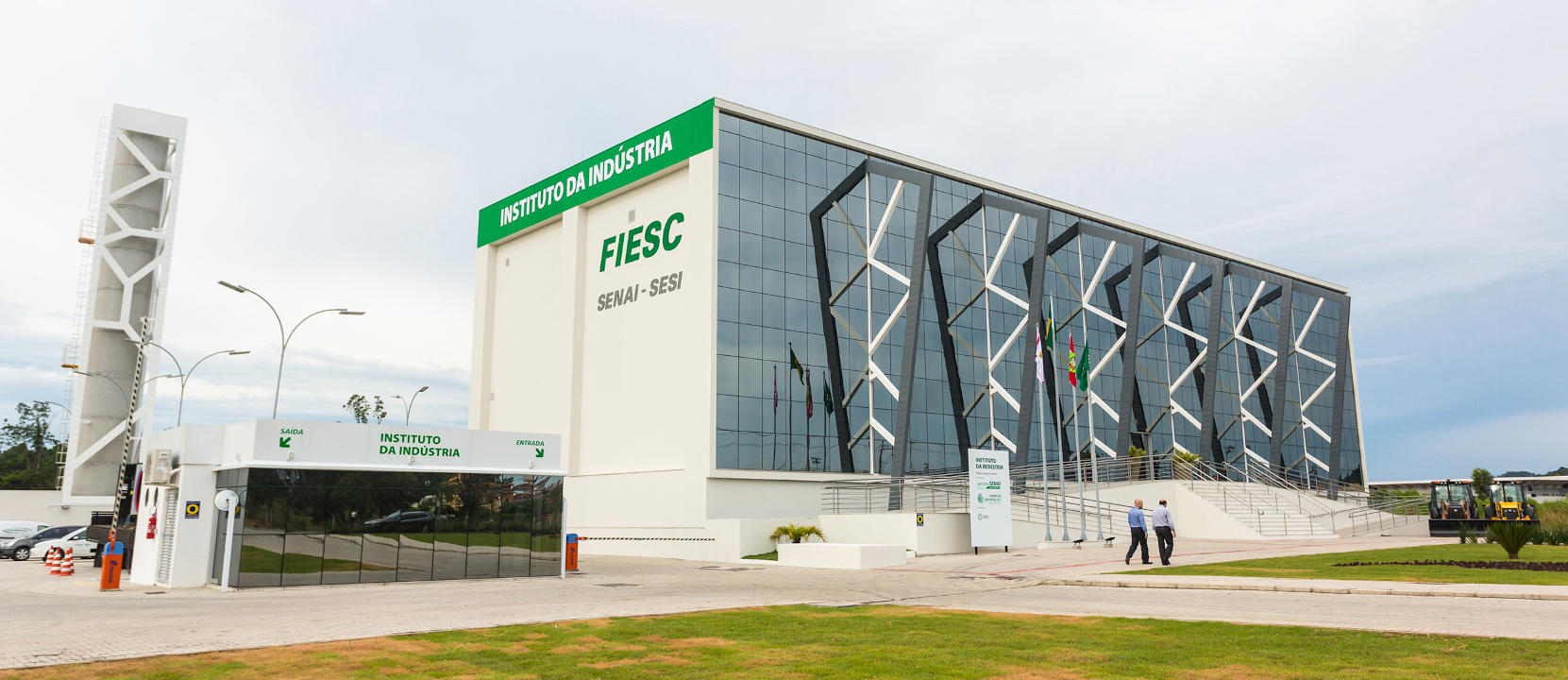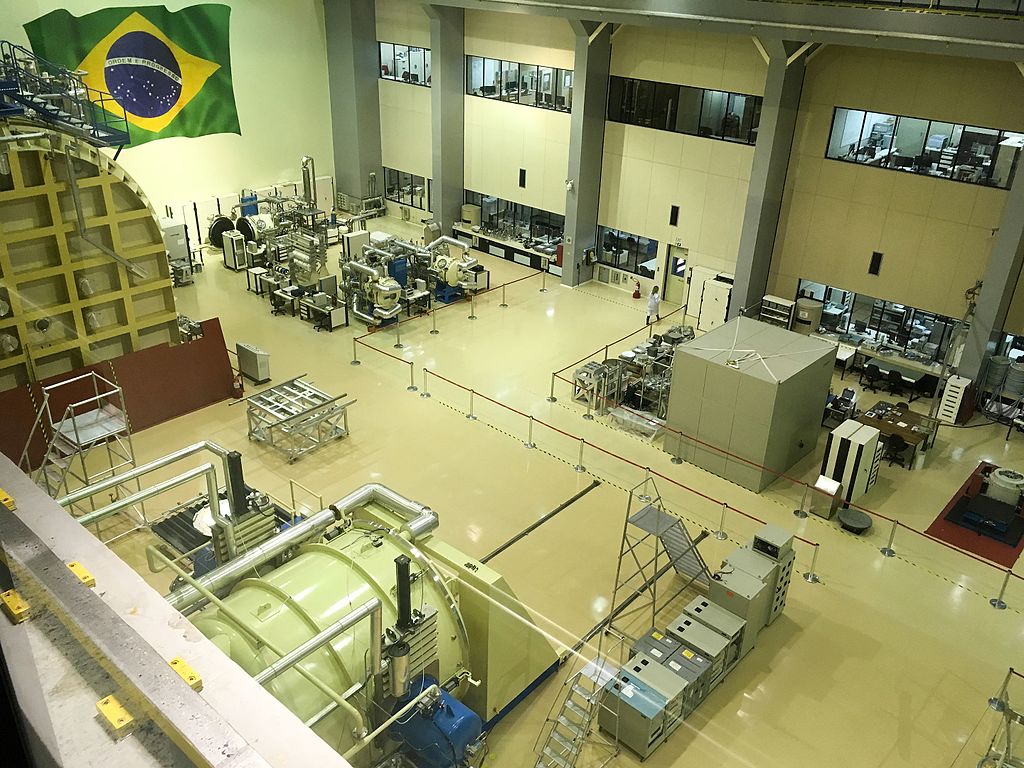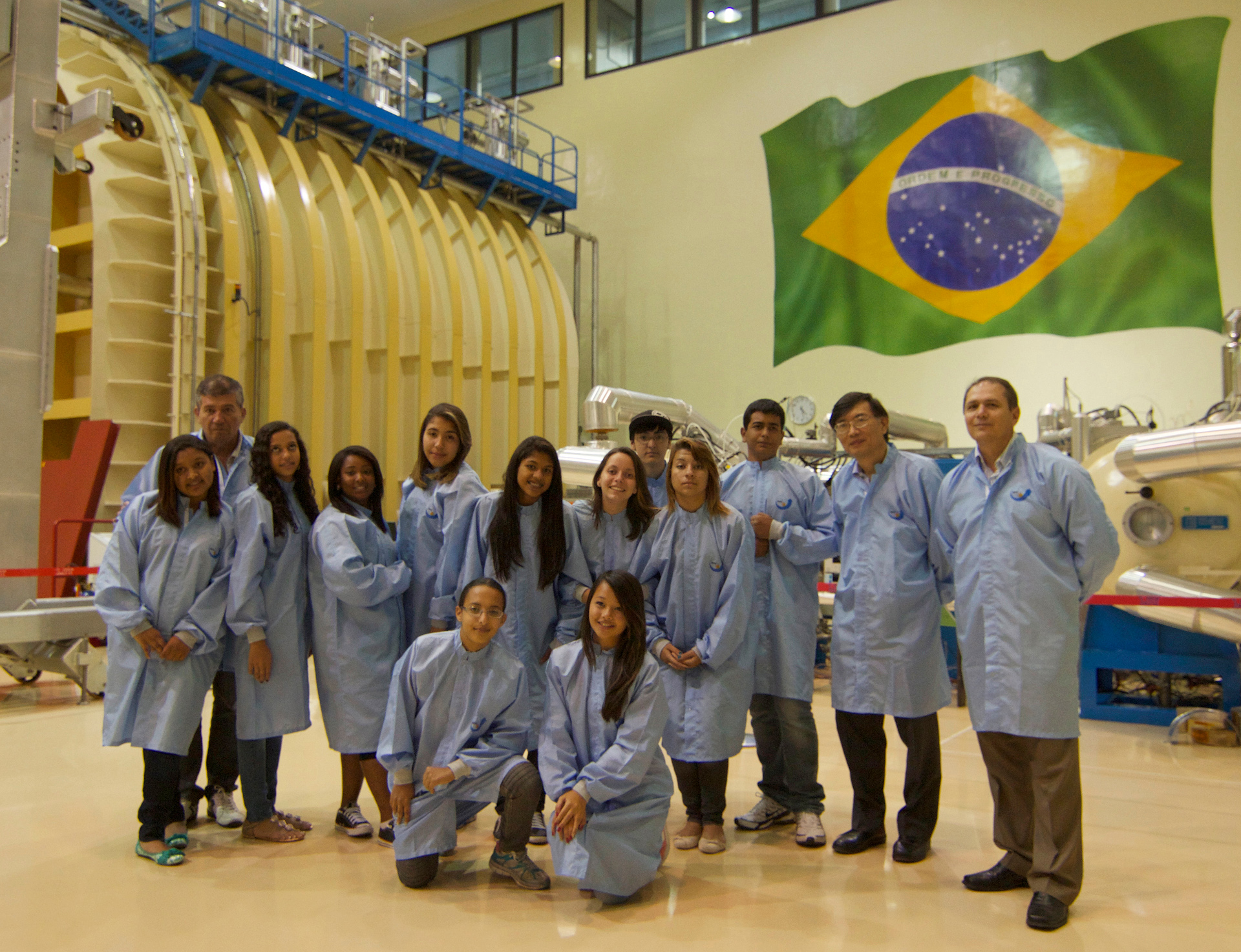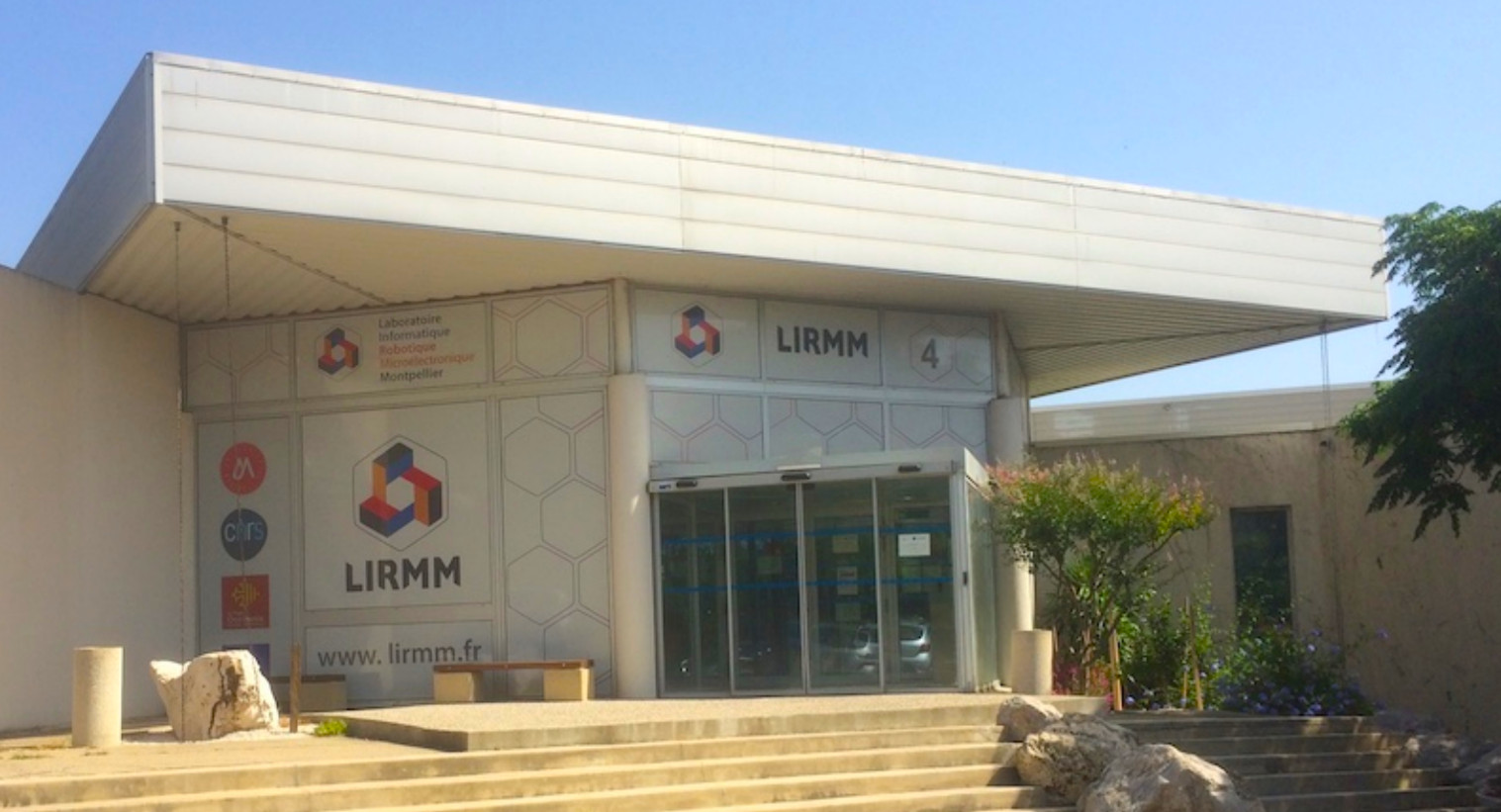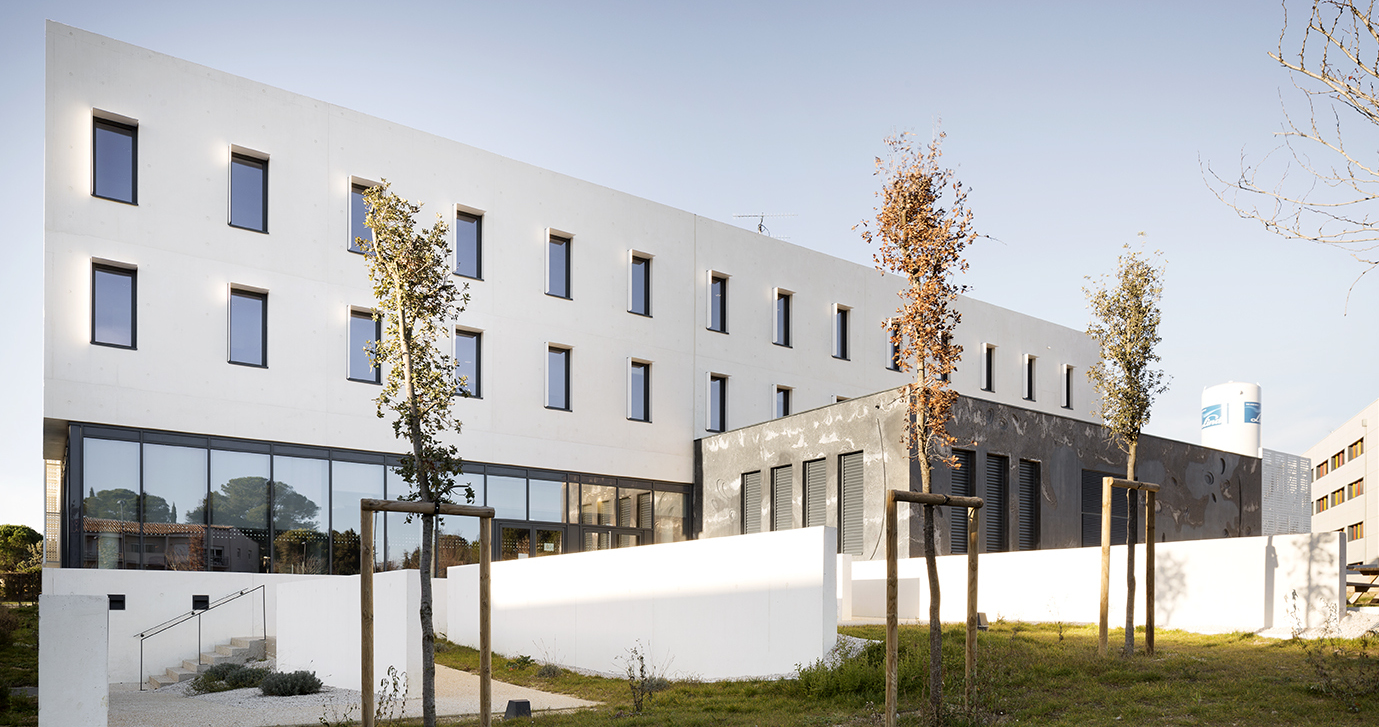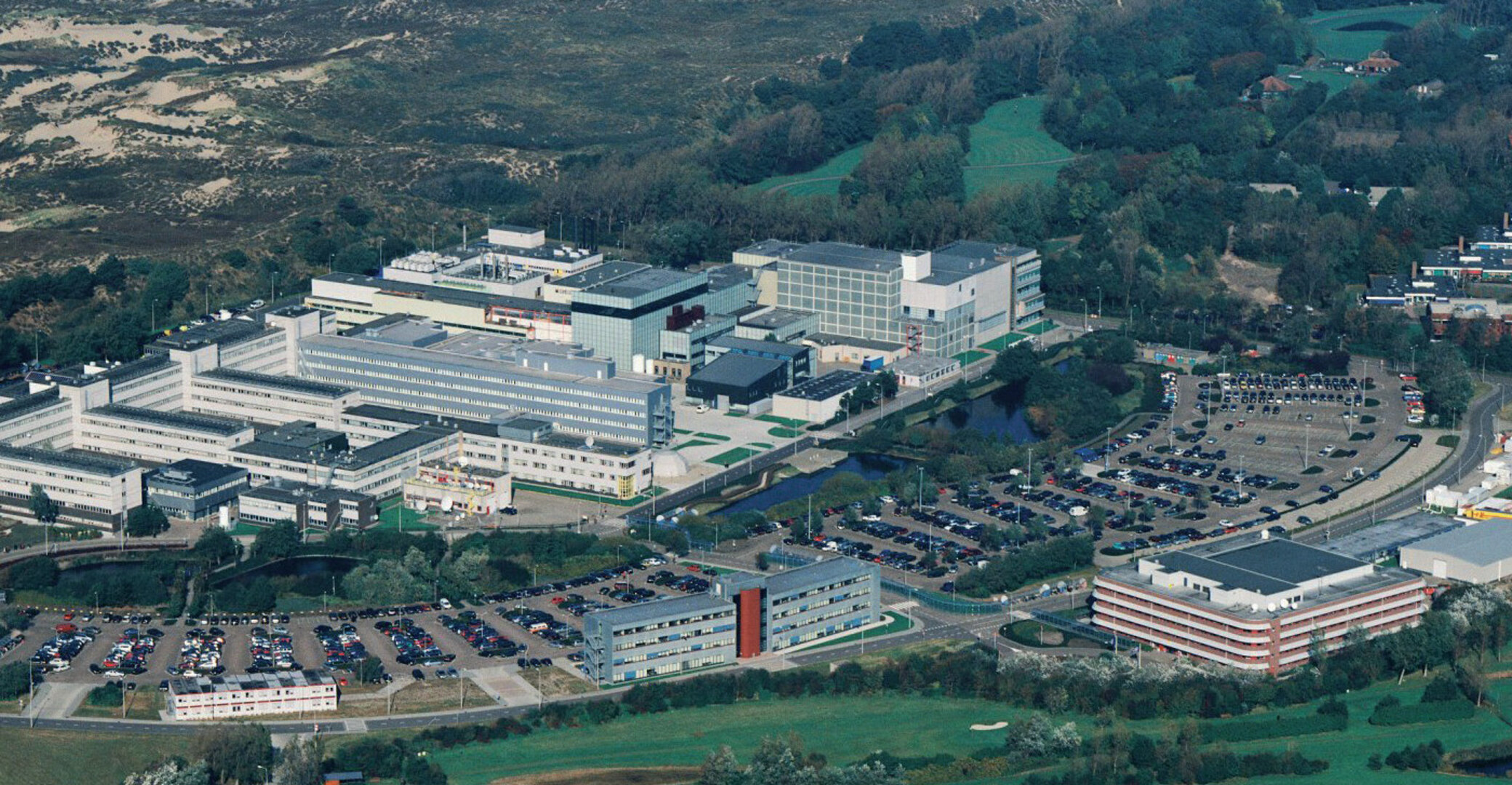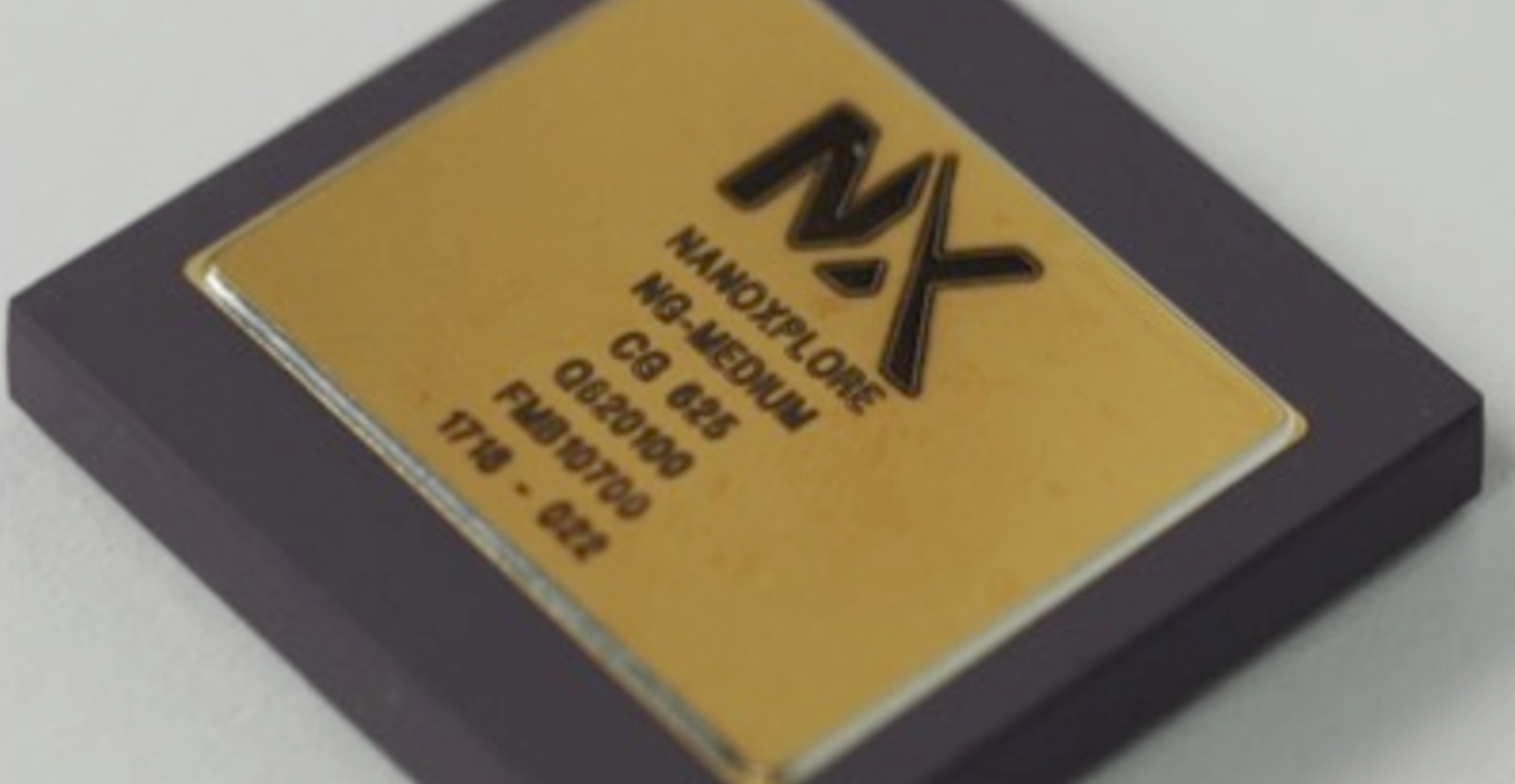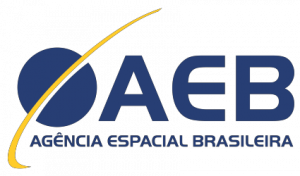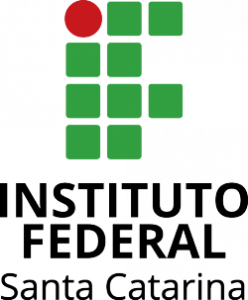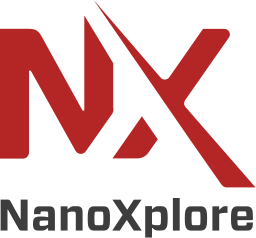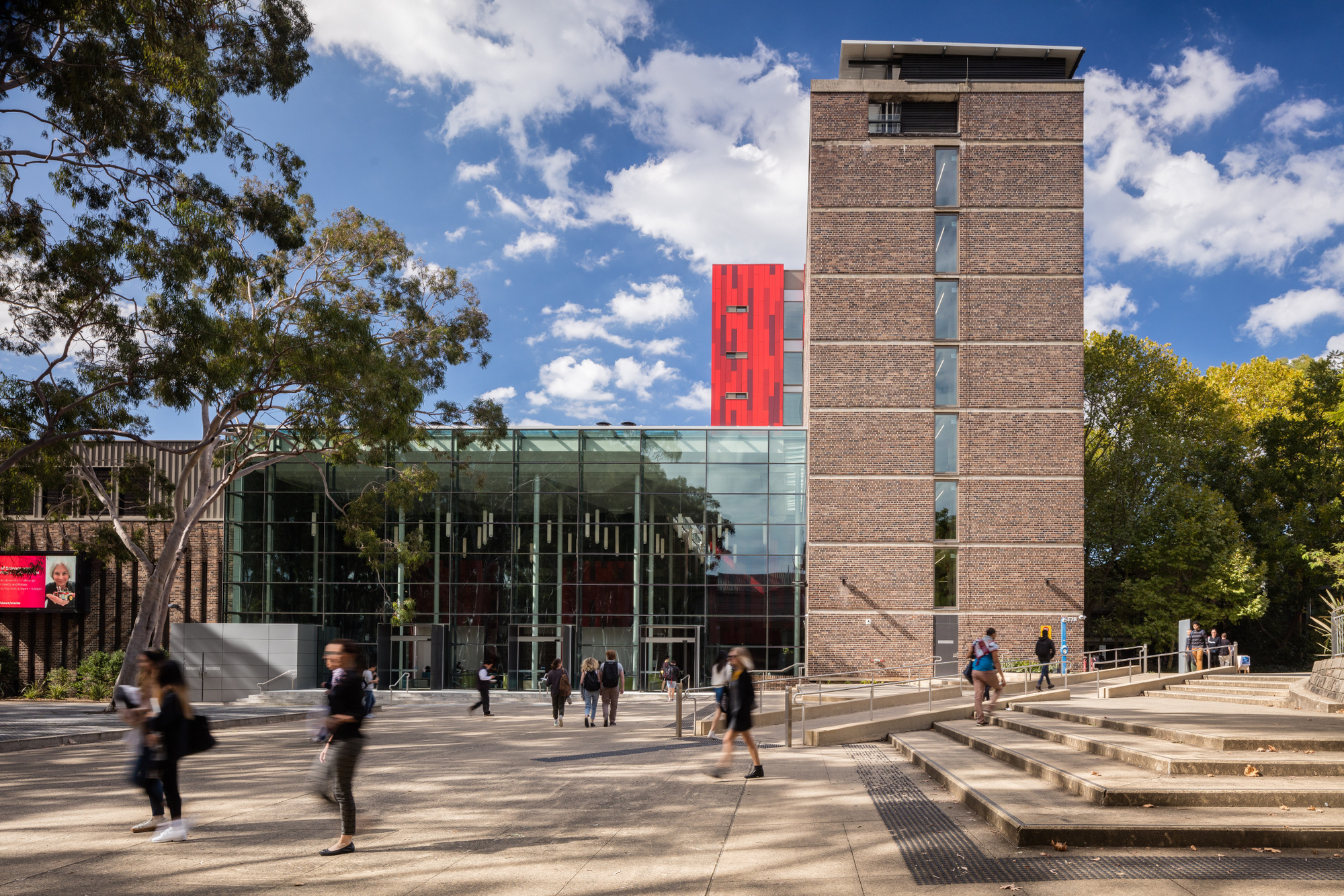
Brief
Uniquely located in the heart of Australia’s largest high-tech precinct, Macquarie brings together 40,000 students and 2000 staff in one thriving hub of discovery. Our campus spans 126 hectares, with open green space that gives our community the freedom to think and grow.
More than AU$1 billion has recently been invested in our facilities and infrastructure so our students and staff can thrive in an environment that is inspiring and switched on to the latest digital technologies.
With more than 300 leading companies located on or around the Macquarie campus, our students are able to tap into industry connections that give them an edge in their future careers, while our staff have access to outstanding research and innovation opportunities with some of the world’s leading organisations.
Collaborator
Ediz Cetin is a Senior Lecturer at the School of Engineering. He is currently the Electronics Discipline Leader, and the Chair of the School’s Postgraduate Coursework Committee. His research interests are in the areas of Interference detection and localization, fault-tolerant reconfigurable circuits, adaptive techniques for RF impairment mitigation for communications and Global Navigation Satellite Systems (GNSS) receivers, digitally enhanced, flexible, low-complexity communications and GNSS receivers, low-power design, silicon implementation and testing of processors and embedded systems, bandpass sampling for multi-mode GNSS receivers and software-defined-radio.

